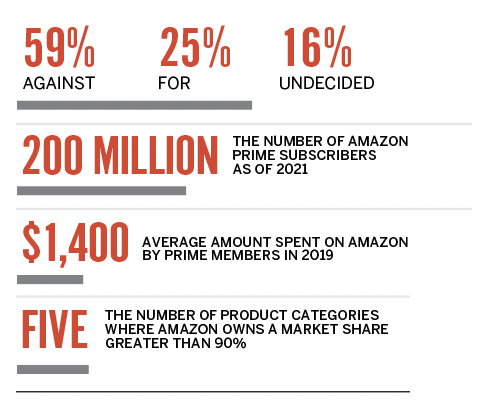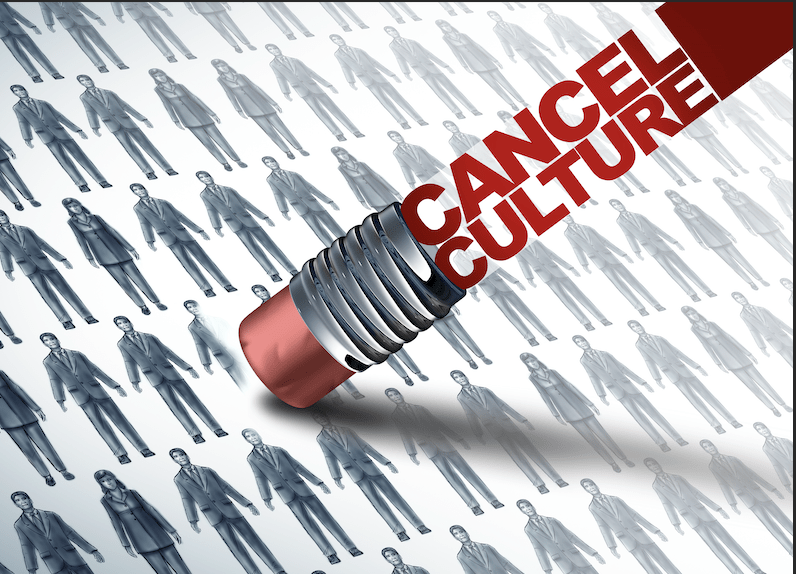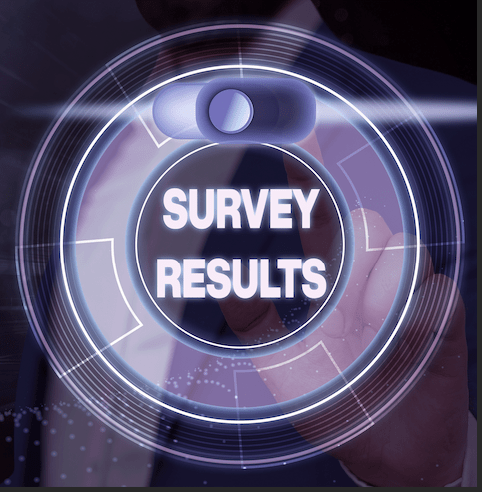Is Amazon Good for Small Business?

Intelligence Squared U.S.invites some of the world’s brightest thinkers to debate issues of the day. The organization was founded in New York in 2006 to promote intellectual diversity by fostering respect for differing opinions.
The debates are organized in the traditional Oxford style. The side that convinces more audience members to embrace its arguments wins.
The excerpts below come from a debate in December about Amazon and its impact on small businesses.
For
Mark Jamison, Senior fellow at the American Enterprise Institute: Starting a business now is much faster, much cheaper and much easier than it used to be. And a lot of that is because of Amazon, which has led the way in creating that opportunity and still does lead that way. We know that because if you look at surveys—different surveys give different answers, but this tends to be about right—almost 25% of all small businesses use Amazon. That’s pretty close to how many use eBay, which serves about the same number of small- and medium-sized businesses. But Amazon has created a different environment than eBay. For different types of products, a lot of people find Amazon more valuable.
Kunal Chopra, Former Amazon general manager: We tend to focus a lot on Amazon as a business and less on Amazon as a platform. Think about Amazon as a digital mall. How much access to information do you have if you’re a store owner in a mall? But that mall owner has access to all the stores, knows traffic data that’s coming in and out of the mall, and can share that information with the different store owners. They use that to better products and services, maybe give some information to the store owners on how they should be thinking about what’s next, what products and what kinds of consumers are walking into the mall. So, Amazon is collecting information to be able to build the platform for the future to serve small businesses better.
Against
Rana Foroohar, Columnist for the Financial Times and author of Don’t Be Evil: The Case Against Big Tech: I think Amazon is bad for small business for three reasons. First and foremost, it offends the rules of normal capitalism: fair and free markets. If you go back to Adam Smith, the father of modern capitalism, he would have said that you need three things in order to have a fully functioning proper market. One is equal access to information on both sides. The second is a shared understanding of the transaction that’s being made. And third is a common moral framework. You have none of those things when you are a small business dealing with Amazon. That creates information asymmetry, and that’s a problem for markets. They simply don’t function fairly and efficiently by the rules of economics and capitalism when those things are in effect.
Stacy Mitchell, Co-director of the Institute for Local Self-Reliance and author of Big-Box Swindle: The True Cost of Mega-Retailers and the Fight For America’s Independent Businesses: More than two-thirds of Americans, when they want to buy something online, no longer go to a search engine. Instead, they start their search right on Amazon. This means that if you’re a small business and you make or sell anything and you want to reach the online market, you have two options and they’re both bad: You can continue to sell on your own website, but that’s basically like hanging your shingle out on a dirt road that no one is walking down. Or, you can become a seller on Amazon. But if you sell on Amazon, you’ll be handing over the fate of your business, your livelihood, to your biggest and most aggressive enemy—an enemy that has every intention of eating your lunch.
See who won the debate here.











